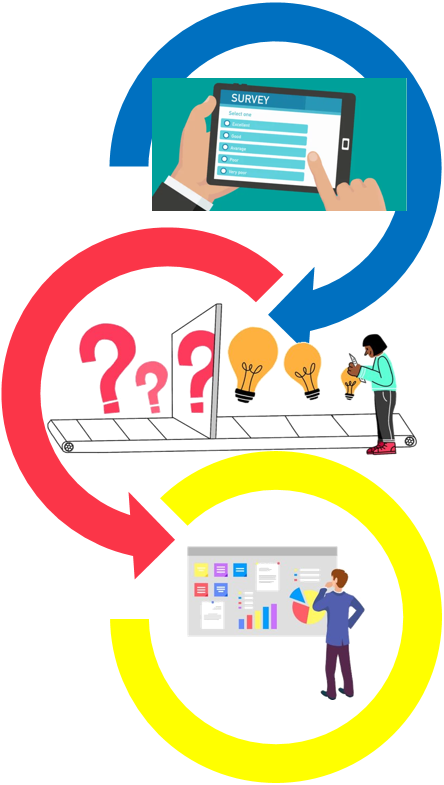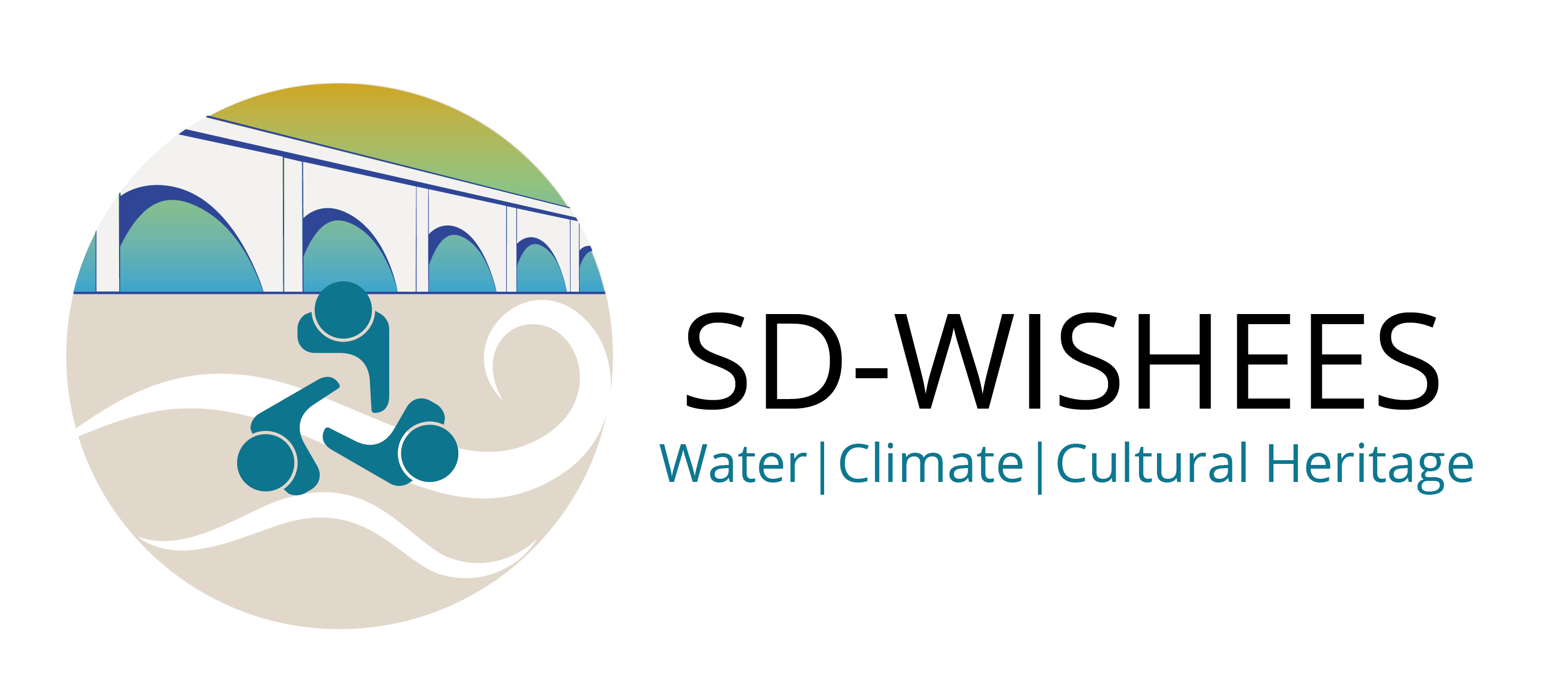
WP5 has as objective the reinforcement of the European Research Area, the single, borderless market for research, innovation and technology across the EU, by helping countries be more effective together to protect cultural heritage from hydroclimatic extremes, whose impacts are expected to be exacerbated by climate change as well as by anthropic pressures.
In the first phase of the project, it has been considered particularly relevant to understand what the hurdles and barriers are that prevent some stakeholders, in Europe and beyond, from participating in transnational cooperation for R&I programmes in the water, climate and cultural heritage areas and, in particular, in the domain of the HCCH Nexus. To address this topic, an assessment methodology based on e-surveys (using a two-step survey approach: a first initial e-survey with general questions, followed by a second e-survey with more specific questions), one-o-one interviews and group interviews/discussions has been then set up by WP5. The assessment methodology is also adopting a “human rights” based approach to support the quality evaluation of the survey replies in terms of inclusivity, wider participation, and less discrimination.
During the first year of SD-WISHEES, the content of the first initial e-survey was defined by WP5 members and the entire project consortium and, after that, it was tested and discussed during the Annual General Assembly of SD-WISHEES held in Paris on 21–23 November 2023. The first round of e-survey will be circulated by March 2024 among relevant stakeholders, defined in the WP2 and selected from government sector, policy makers, authorities, academia, research organisations, NGOs, civil society, companies (SMEs & Large Enterprises), media and public. The completion of the first round is expected by October 2024.
In the next stage of the project, the WP5 members plan to engage further with stakeholders to identify the best practices and challenges in R&I cooperation on SD-WISHEES topics and on the HCCH Nexus.
This assessment of barriers, enablers, and good practices will support the project consortium in:
- Enhancing cooperation over the Hydrology-Climate- Cultural Heritage (HCCH) Nexus;
- Contributing to the EU widening and alignment strategy (in Europe and beyond);
- Enhancing the impacts of the R&I investments;
- Supporting the achievement of Sustainable Development Goals of the Agenda 2030, adopted by the United Nations in 2015.
– Dr. Stefano Mariani, ISPRA, Italy, WP5 Leader




